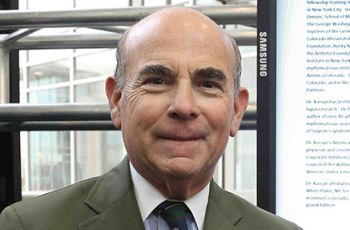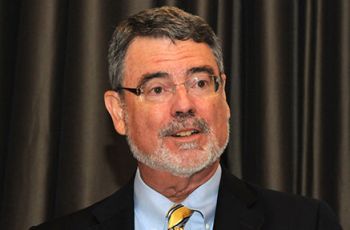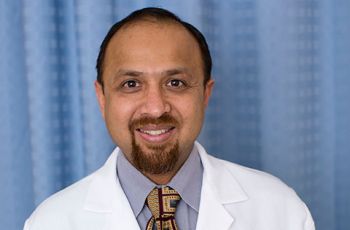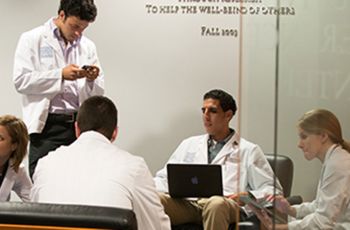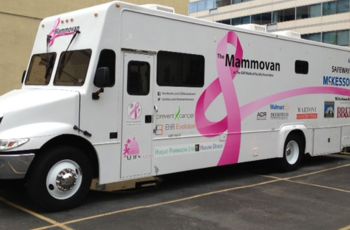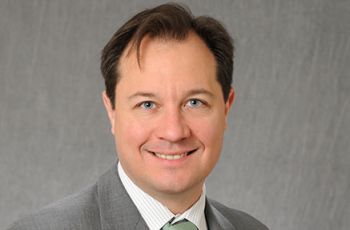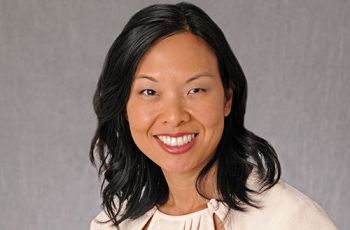News Archive
Stuart Kassan, M.D. ‘72, member of the George Washington University (GW) board of trustees and the GW School of Medicine and Health Sciences Dean’s Council, was named a ‘Distinguished Clinical Professor of Medicine’ at the University of Colorado (CU) Denver School of Medicine.
Fitzhugh Mullan, M.D., professor of pediatrics and health policy, was interviewed by ABC7 about the Affordable Care Act and how this will affect the physician shortage in the United States.
Vivek Jain, M.D., assistant professor of medicine, was interviewed by The Washington Post Express for a story on ways to keep resolutions and improve life in 2014. Jain offered tips on how to sleep better in the new year.
Beginning in fall 2014, each first-year GW medical student will also receive an iPad—a tool that is commonplace in today’s hospitals, allowing physicians to access electronic medical records and information on the web from their patients’ bedsides.
Judith Owens, M.D., professor of pediatrics, was interviewed by NBC4 on her presentation of research to the Fairfax School Board on whether students in Fairfax County are getting enough sleep and how later start times could help.
The GW Hatchet covered new technologies and a revised M.D. curriculum slated for fall 2014. The GW School of Medicine and Health Sciences will distribute iPads to its about 180-student first-year class, investing in a tool that is becoming more prevalent for doctors around the country.
WUSA9's Andrea Roane encouraged viewers to start the new year off right by focusing on their health.
Fitzhugh Mullan, M.D., professor of pediatrics and health policy, was quoted in the Geneva Patch (Geneva, Ill.) article on contributors to the doctor shortage, including a shortfall of residencies.
In a report published by the Institute of Medicine, Jesse Pines, M.D., director of the Office of Clinical Practice Innovation, and co-authors make seven recommendations to provide a road map to enhance the sustainability of emergency preparedness efforts in the United States.
Katherine Chretien, M.D., associate professor of medicine, wrote a column for USA Today on the importance of FDA oversight for home health tests, such as 23andMe, a company that sells home kits that allow individuals to get information about their genes and their risk for certain…
